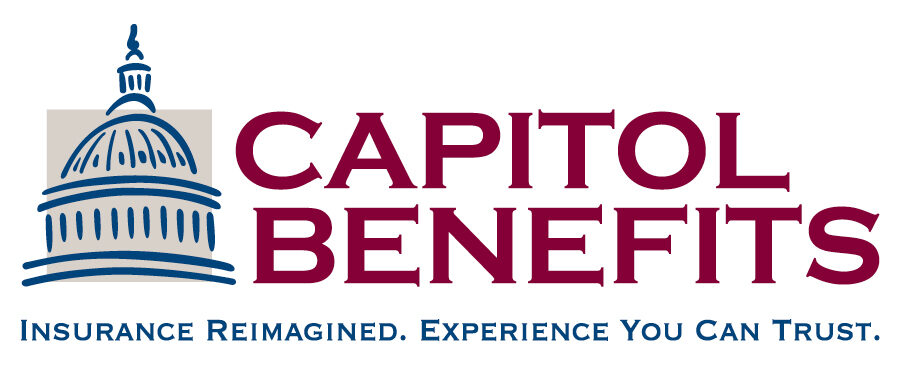Drive Smart: Essential Safe Driving Habits for Peace of Mind
Distracted driving isn’t just risky—it can raise your auto insurance rates in Maryland, Virginia, and DC. Keeping your focus sharp and practicing safe driving habits helps protect you and your family on the road. In this post, you’ll find simple tips that make a big difference in safety and how those habits can help reduce insurance premiums. Ready to drive smarter? Let’s get started. For more tips, check out this resource on essential safe driving habits for everyday road safety.
Stay Focused on the Road

Keeping your eyes and mind on the road is crucial for safety. Think about what happens when you get distracted—even looking away for a second can lead to danger.
Avoid Distractions
Imagine you’re driving on a busy highway. Your phone buzzes, and you glance down. In that split second, traffic ahead slows down, and you miss it. This is why avoiding distractions is essential.
-
Turn off notifications on your phone and place it out of reach.
-
Have your route planned before you start driving, so you don’t need to fiddle with GPS.
-
If you’re with others, ask them to handle calls or texts.
Staying focused isn’t just safer—it can keep your insurance premiums lower. Distracted driving increases the risk of accidents, which can lead to higher rates.
Maintain Safe Distances
Following too closely to the car in front of you is a common mistake. Picture a car stopping suddenly on a wet road. Without enough distance, you might not be able to stop in time.
-
Keep a minimum three-second gap between your car and the one ahead.
-
In poor weather, increase this gap.
This simple habit can prevent rear-end collisions, which are among the most common accidents. Remember, safety isn’t just about you—it’s about everyone on the road.
Defensive Driving Techniques

Developing defensive driving skills can make a huge difference on the road. It’s about being aware and prepared for the unexpected.
Practice Defensive Driving
Defensive driving involves anticipating what others might do and being ready to respond. Most people think they’re good drivers, but accidents still happen.
-
Use the “scan 360” technique. Continuously check your mirrors and blind spots and keep an eye on pedestrians.
-
Always have an escape route in mind, whether it’s a lane change or pulling over to avoid issues.
This mindset keeps you alert and ready to react, reducing the chances of accidents.
Prepare for Adverse Weather
Weather can change quickly, affecting road conditions and visibility. Imagine a sudden downpour turning the road slippery.
-
Plan your routes with the weather in mind. Avoid storms or icy roads if possible.
-
Slow down in rain, snow, and fog to maintain control.
Delayed trips are better than unsafe ones. Safe driving in bad weather not only protects you but can also help maintain lower insurance rates.
Vehicle Maintenance Essentials

A well-maintained vehicle is safer and less likely to contribute to an accident. Regular checks help you spot issues before they become major problems.
Regular Tire and Brake Checks
Your tires and brakes are critical for your car’s performance. Think about the importance of a good grip and stopping power.
-
Check tire pressure regularly. Under-inflated tires can cause blowouts.
-
Schedule routine brake inspections. Replace brake pads as needed.
Proper maintenance ensures your car responds when you need it to. This can prevent accidents and potentially save you money on repairs and insurance.
Headlight Alignment and Upkeep
Visibility is key, especially at night. Misaligned or dirty headlights can reduce your ability to see and be seen.
-
Align headlights using the “wall test” to ensure they illuminate the road correctly.
-
Clean headlights regularly to avoid diminished brightness.
This simple upkeep can enhance safety significantly. And when your car is in top shape, it reflects positively on your insurance profile.
Final Thoughts
Safe driving is about more than just avoiding accidents. It’s about responsibility and peace of mind for you and your loved ones. By practicing these habits, you’re contributing to safer roads and potentially lowering your insurance costs. Keep driving smart and safe!


